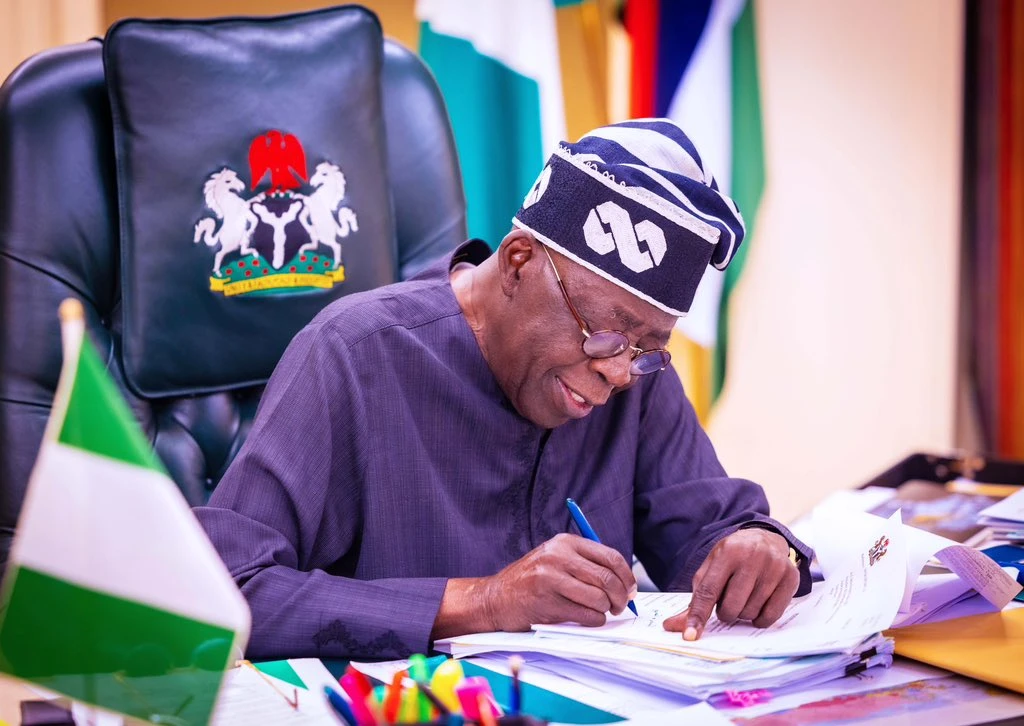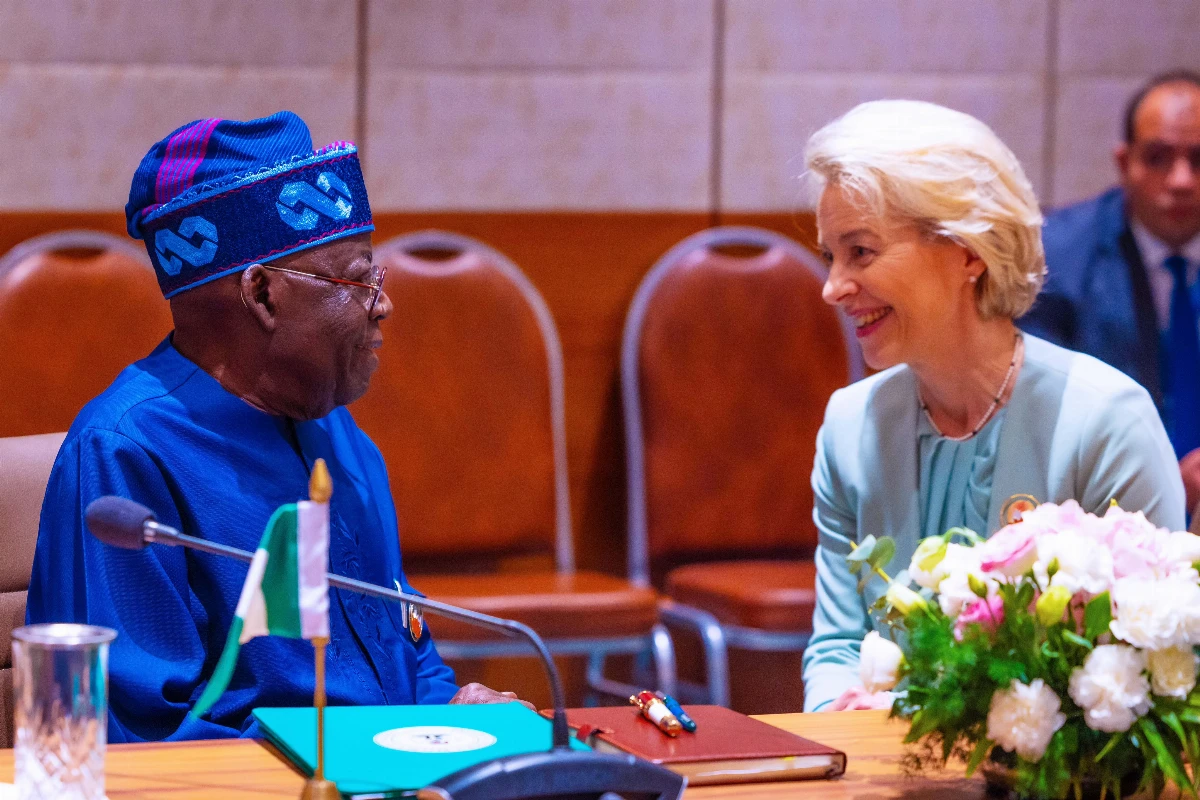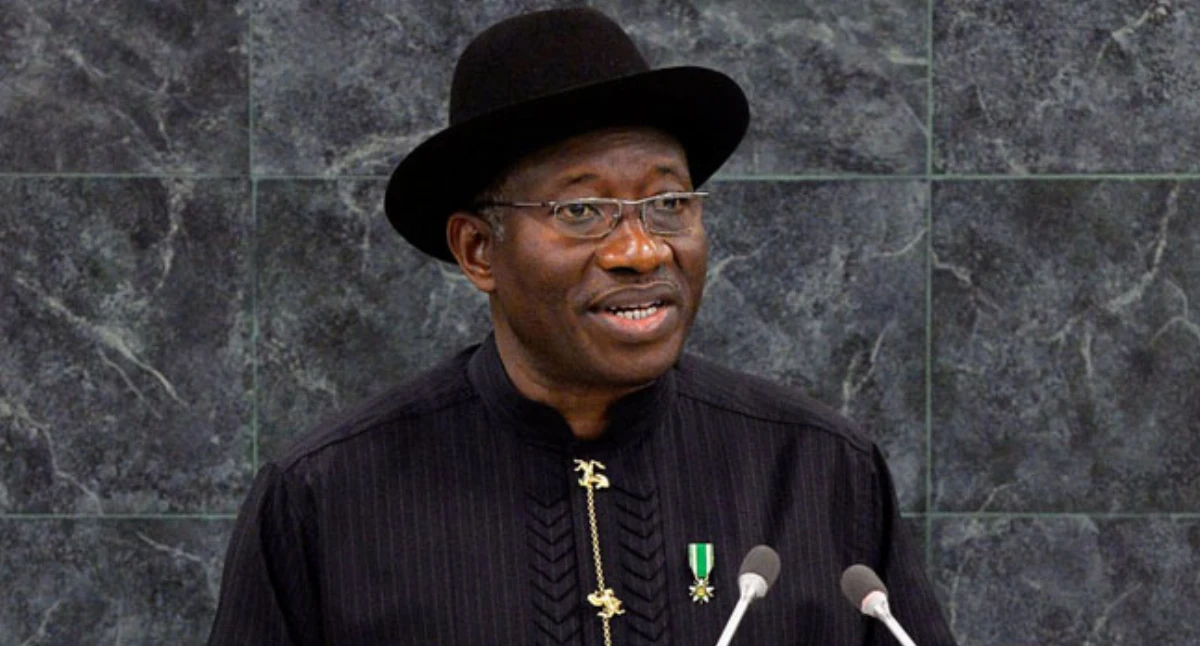LGBT rights in Nigeria are highly restricted and face significant legal, social, and political challenges. Discover how the Samoa agreement could affect Nigerian stance on the LGBTQ prohibition act.

Incompetencies in leadership can’t be figured by the glamour displayed or majestic appearances; they are often evidenced in policies and agreements signed without considering the consequences.
Nigeria, alongside some African countries in November 2023, refused to sign a subtle yet appealing agreement that portrayed some economic benefits but encouraged some perversity, like legalizing LGBT, transgenderism, abortion, and teen sexual abuse in African countries.
Just like President Ruto of Kenya, who made an inconsiderable move to sign the Finance Bill without any sense of representation and impact on society, the Nigerian government signed the Samoa Agreement, which has sparked controversies among several thought leaders.
The Legal Tussle Around LGBTQ in Nigeria
LGBT rights in Nigeria are highly restricted and face significant legal, social, and political challenges. Same-sex sexual activity is criminalized, with severe penalties, including up to 14 years in prison.
In some northern states governed by Sharia law, the punishment can be as severe as death by stoning for men and whipping or imprisonment for women. Key points about LGBT rights in Nigeria include:
- The Same-Sex Marriage (Prohibition) Act, signed into law in January 2014, criminalizes not only same-sex marriages but also associations and organizations advocating for LGBT rights. It imposes penalties of up to 14 years in prison for same-sex couples and 10 years for anyone aiding or abetting such unions.
- Despite the hostile environment, several organizations and activists are working to promote LGBT rights in Nigeria. They provide support services, document human rights abuses, and advocate for legal and social change, often at great personal risk.
- International human rights organizations and foreign governments have criticized Nigeria's anti-LGBT laws and called for their repeal. However, the Nigerian government has largely resisted these pressures, citing cultural and religious reasons.
The Implication of the Signed Samoa Agreement

The Samoa Agreement, named after the Pacific Island of Samoa, was signed by the Federal Government on July 1, 2024. The agreement was said to contain some clauses that compel underdeveloped and developing countries to support the agitations by Lesbian, Gay, Bisexual, and Transgender (LGBT).
This connotes that sooner or later, the Nigerian government would be under an immersed pressure to reverse her position and law on the LGBTQ community.

In January 2014, the administration of President Goodluck Jonathan faced significant international and domestic pressure regarding LGBTQ+ rights, particularly concerning the Same-Sex Marriage (Prohibition) Act, which he signed into law.
Nigerians are concerned if the government perfectly understood the terms and conditions of the agreement signed; as the media assistant to the minister of budget and economic planning, Bolaji Adebiyi came out to say the signed agreement pertained strictly to economic development and did not mention LGBTQ or same-sex marriage.

